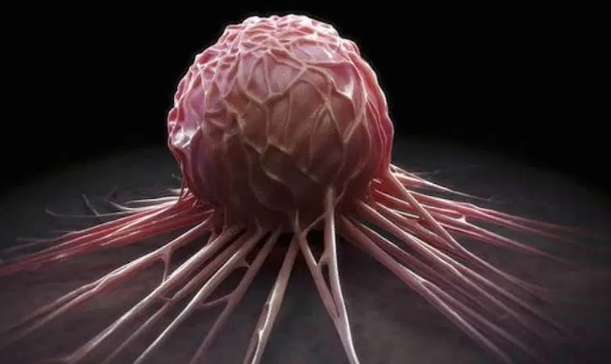Cancer Research UK has teamed up with American scientists to find out the earliest signs of cancer so as to detect and commence treatment procedures for the disease.
The institute joined forces with the University of Cambridge, University of Manchester, University College London, Stanford, and Oregon in the US, to initiate projects that would see them “give birth” to cancer in the lab and discover what the disease looks like “on day one”.
By sharing expertise, they aim to develop less invasive tests such as blood, breath, and urine analyses for monitoring high-risk patients; improve imaging techniques for detecting cancer early; and look for virtually undetectable signs of the disease.
Among projects that have been initiated as part of the synergy are those of Manchester researchers, who are growing human breast tissue in the lab with synthetic immune cells to see if they can spot the very earliest subtle changes that set off carcinogenesis.
Although they likened their move to looking for a needle in a haystack — the reason why research in the area has been on a “small scale” — the researchers are convinced that the collaboration would cause a move “from expensive firefighting of late-stage disease to being able to intervene at its earliest point and deliver treatment”.
“The fundamental problem is that we never get to see cancer being born in a human being. By the time it’s found, it’s already established,” said David Crosby, doctor and head of early detection research at Cancer Research UK.
“It evolves over a lifetime. It starts off as one thing but fragments and mutates over time.
“So if you can essentially give birth to a cancer in a piece of synthetic human tissue in the lab, you can see what it’s like on day one.”
Statistics have shown that 98 percent of breast cancer patients live for five years or more if the disease is diagnosed at stage one, the earliest, compared to the 26 percent diagnosed at stage 4, the most advanced stage of the disease.
Yet, only around 44 percent of these patients are diagnosed at the earliest stage.
Copyright 2025 TheCable. All rights reserved. This material, and other digital content on this website, may not be reproduced, published, broadcast, rewritten or redistributed in whole or in part without prior express written permission from TheCable.
Follow us on twitter @Thecablestyle

